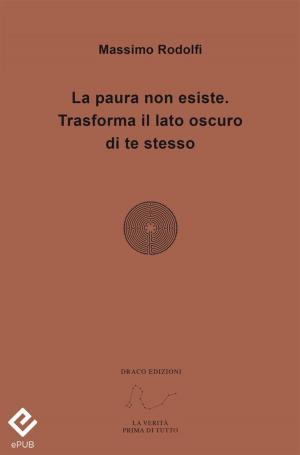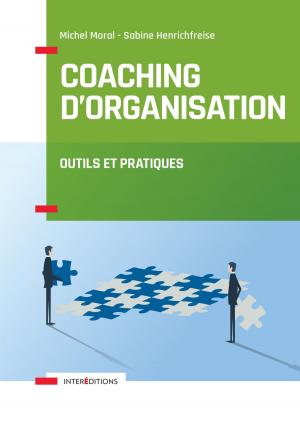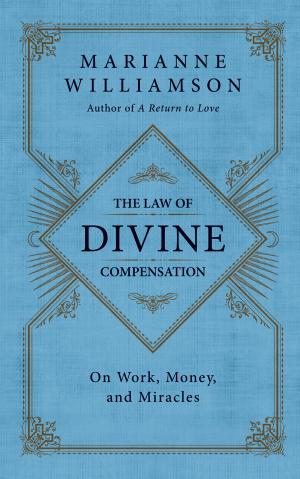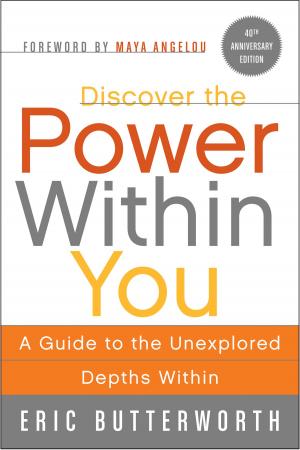| Author: | Karl Thompson | ISBN: | 9781311073778 |
| Publisher: | Karl Thompson | Publication: | August 23, 2014 |
| Imprint: | Smashwords Edition | Language: | English |
| Author: | Karl Thompson |
| ISBN: | 9781311073778 |
| Publisher: | Karl Thompson |
| Publication: | August 23, 2014 |
| Imprint: | Smashwords Edition |
| Language: | English |
I believe that today's typical worker-consumer in Britain leads an extremely sub-optimal lifestyle. Normal, and by no means extravagant patterns of expenditure, will lock today's average 35 year old into another 33 years of work and a retirement age of 67-8. I believe it is possible to do a lot better than this. By rejecting the norms of consumption and saving around 50% of one's income it is possible for the same 35 year old to retire, or at the very least semi-retire, at 52, or 14 years earlier than the average worker-consumer.
In this book I firstly present an overview of the mainly US Based Extreme Retirement 'Movement', which includes a summary of Jacob Lund Fisker's excellent book Early Retirement Extreme (ERE).
Secondly, I attempt to make the American ERE ideal more applicable to the UK by presenting a statistical critique of the ordinary life of the everyday worker-consumer. This is done by taking the median income and household expenditure drawn from Office for National Statistics data and comparing these figures to a hypothetical construction I call the frugal-consumer who spends as little as possible without completely cutting themselves off from society. I demonstrate that for a 35 year old median income earner, average expenditure levels effectively tie them into working for a further 33 years until the current projected standard retirement age of 67-8, while the 35 year old 'frugal-consumer' will be able to retire when they are 52, or 14 years earlier than the average-consumer on the average wage, assuming they maintain their frugal level of consumption for the remainder of their life.
Thirdly, I present fourteen simple strategies which the average income earner might employ in order to consume less and successfully achieve early retirement, which are broadly organised into three sub categories - (1) reducing consumption (2) saving more and investing sensibly, and (3) finding alternatives to consumerism.
Fourthly, I consider how realistic an early retirement strategy would be for the median income earner. In short, success depends on a number of criteria being met by the age of 35, which simply will not happen in most cases. We may as well be honest – early retirement is possible for an average person, but it is a difficult path to walk!
Finally, I present my own Early Retirement Strategy - I'm currently 42 and on target retire at 48, although my strategy for doing so is possibly somewhat unusual in ERE terms.
I believe that today's typical worker-consumer in Britain leads an extremely sub-optimal lifestyle. Normal, and by no means extravagant patterns of expenditure, will lock today's average 35 year old into another 33 years of work and a retirement age of 67-8. I believe it is possible to do a lot better than this. By rejecting the norms of consumption and saving around 50% of one's income it is possible for the same 35 year old to retire, or at the very least semi-retire, at 52, or 14 years earlier than the average worker-consumer.
In this book I firstly present an overview of the mainly US Based Extreme Retirement 'Movement', which includes a summary of Jacob Lund Fisker's excellent book Early Retirement Extreme (ERE).
Secondly, I attempt to make the American ERE ideal more applicable to the UK by presenting a statistical critique of the ordinary life of the everyday worker-consumer. This is done by taking the median income and household expenditure drawn from Office for National Statistics data and comparing these figures to a hypothetical construction I call the frugal-consumer who spends as little as possible without completely cutting themselves off from society. I demonstrate that for a 35 year old median income earner, average expenditure levels effectively tie them into working for a further 33 years until the current projected standard retirement age of 67-8, while the 35 year old 'frugal-consumer' will be able to retire when they are 52, or 14 years earlier than the average-consumer on the average wage, assuming they maintain their frugal level of consumption for the remainder of their life.
Thirdly, I present fourteen simple strategies which the average income earner might employ in order to consume less and successfully achieve early retirement, which are broadly organised into three sub categories - (1) reducing consumption (2) saving more and investing sensibly, and (3) finding alternatives to consumerism.
Fourthly, I consider how realistic an early retirement strategy would be for the median income earner. In short, success depends on a number of criteria being met by the age of 35, which simply will not happen in most cases. We may as well be honest – early retirement is possible for an average person, but it is a difficult path to walk!
Finally, I present my own Early Retirement Strategy - I'm currently 42 and on target retire at 48, although my strategy for doing so is possibly somewhat unusual in ERE terms.















